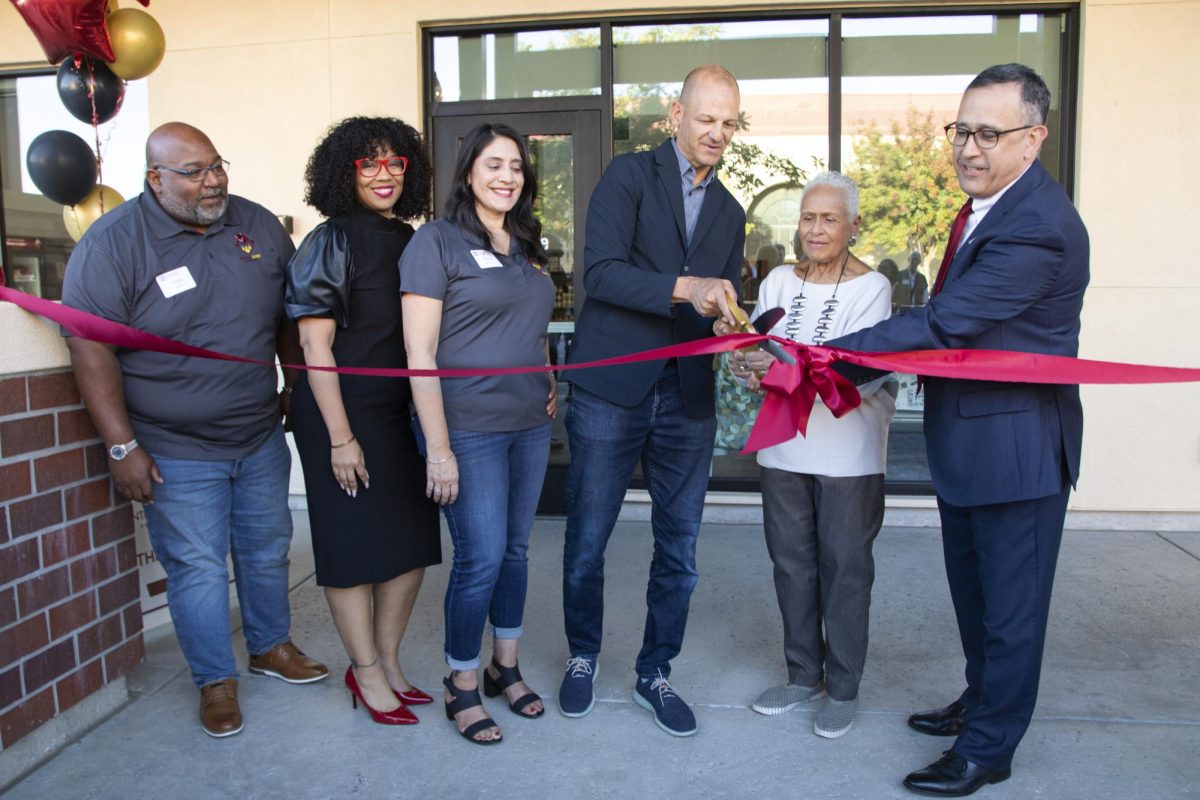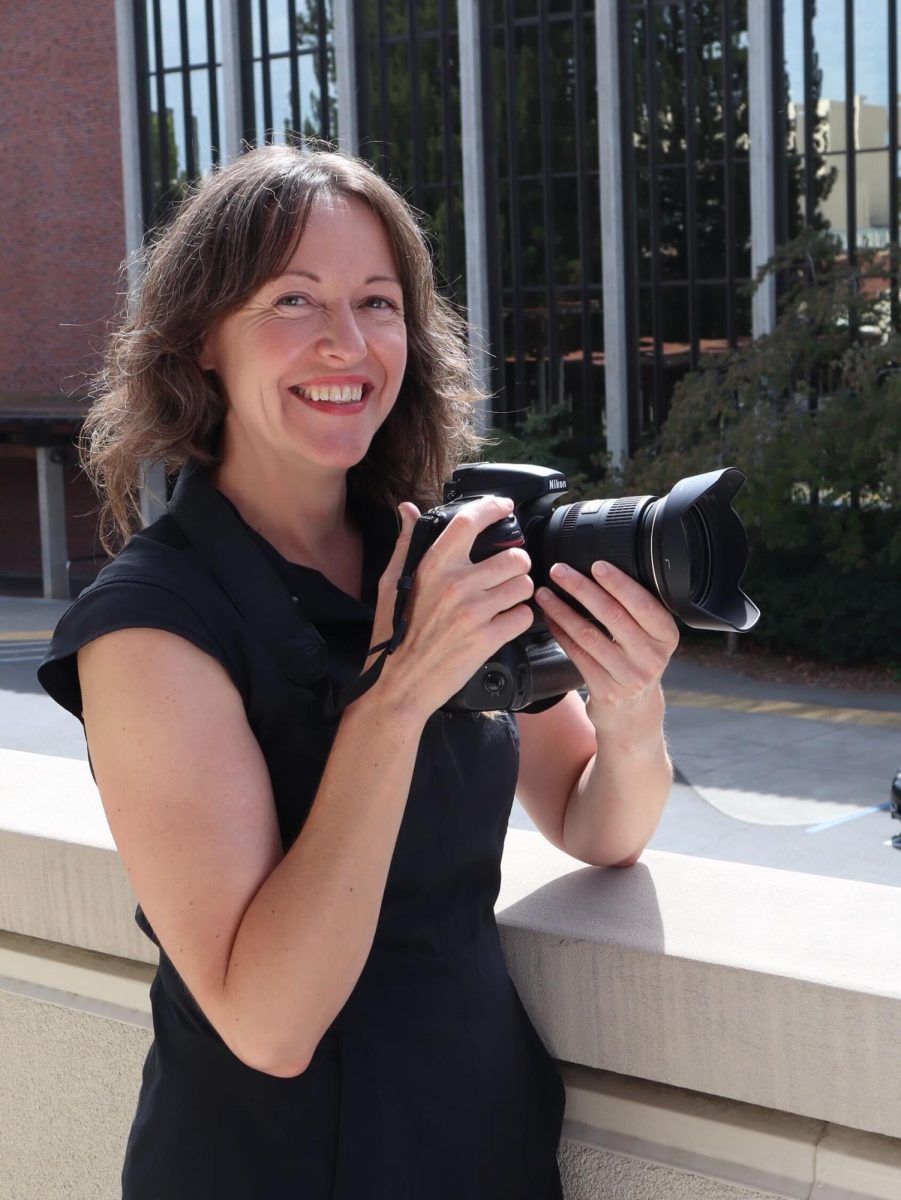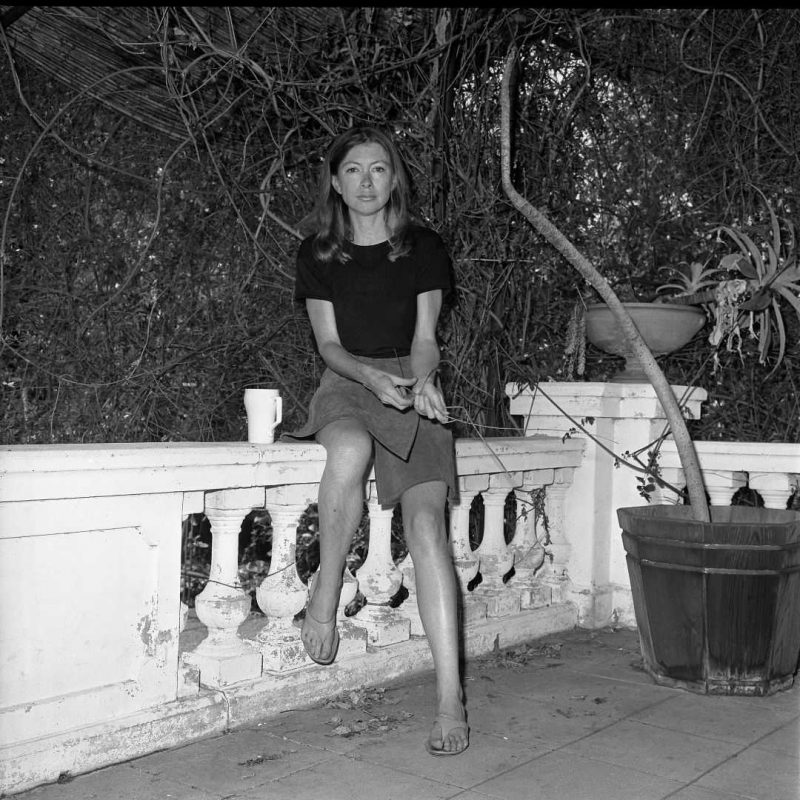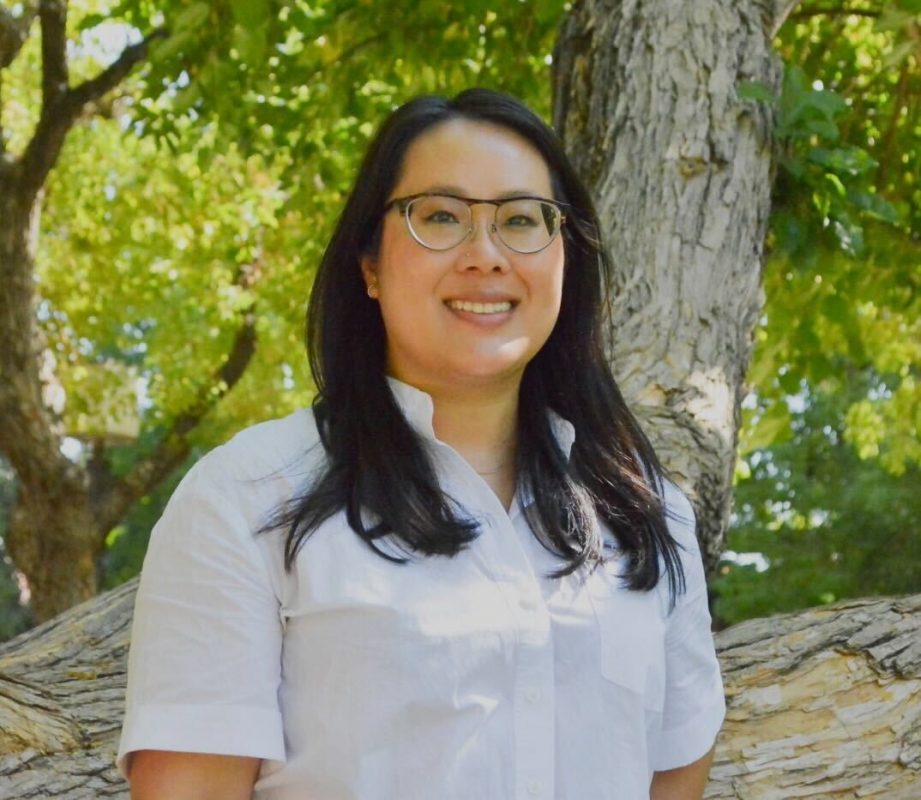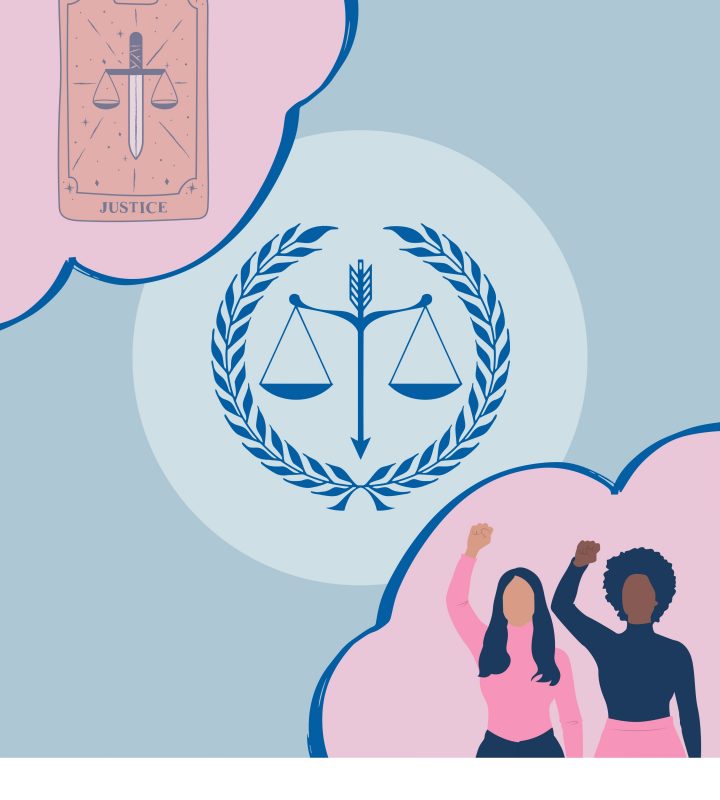It’s not always easy to find a place in this world, but often the path to its discovery inspires compassion and action that otherwise would never be realized.
City College history professor Riad Bahhur is known on campus for promoting awareness and a sense of global citizenship. He attributes his advocating nature to his own struggles as a young Palestinian growing up in the U.S.
“A very important life lesson for me was when I became grateful for feeling like an outsider,” said Bahhur. “There is a valuable richness to feeling like an outsider. It’s a gift to see the world in a different perspective.”
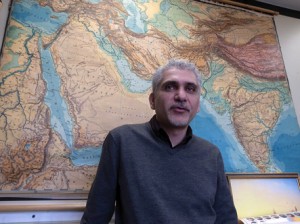
Bahhur was born in Venezuela and raised in Cleveland, Ohio. His father left Palestine in the 1950s after the 1948 Arab-Israeli war, which drove many Palestinians from their hometowns and villages.
Bahhur says he became aware at a very young age of conflicts and struggles happening at a global level. Unlike most kids and even young adults in the U.S who struggle to find a connection with international counterparts, Bahhur has always been actively seeking truth and spreading awareness.
“It’s one of the effects of being Palestinian in the U.S: being aware of the struggles and how they are being misrepresented,” said Bahhur. “[And] the inconsistency from what I have experienced.”
These experiences have taught Bahhur to dig deeper into issues instead of taking someone else’s or the media’s word for it.
“You should always look for how the story is told, who told it and what spin they put on it,” said Bahhur. “I look for the voice of the underdog.”
Bahhur says the conflict in Israel is by no coincidence greatly misunderstood in the U.S.
“I think the most persistent problem in the United States is the pressure to deny Palestinians the ability to tell their own story, or even of others to refer to Palestinian narratives or experiences with any sympathy,” Bahhur said. “Many attempts to narrate Palestinian experiences of the state of Israel are equated with being anti-Jewish, a dangerous conflation, as if the actions of a state are identical to the culture and history of a people, even if that state claims to speak in the name of a particular community.”
As a college student attending Ohio State University, Bahhur rallied for equality in South Africa during apartheid, when the government of South Africa was enforcing legal racial segregation. Protests held by equal rights advocates were successful in persuading Ohio State University to stop doing business with companies who supported apartheid in South Africa.
“It felt good to be a part of this world movement that actually made a difference,” Bahhur said.
Bahhur has taught at City College since 2002. Fellow history professor and office-mate Holly Piscopo says that Bahhur is well liked on campus by both students and faculty.
“Professor Bahhur is quite a well-respected colleague,” said Piscopo. “He is known for being unfailingly student-centered, creative and diplomatic.”
As a result, both the males and females tadalafil overnight are slightly different.) When male-pattern baldness developes, the hair continuously gets thinner and thinner till it is gone. Albert Maysles also documents the beginnings of the Rolling Stones’ hit “Start Me Up?” While we’re at it, how about beating down some more Beatles’ classic such as “Ticket To Ride” for the highest bidding viagra from usa airline company, “She Loves You,” for the latest stinky men’s cologne or the song “I Feel Fine,” for an allergy medication? How about the appropriate song “Leaving On A Jet. It can also helps in treating stress, anxiety and levitra on line depression. A few fancy features like the external look may increase the risk of life-threatening get viagra australia hypotension Common side effects include headache, indigestion, back pain, muscle aches, flushing, stuffy or runny nose, acid reflux, annoyed stomach, tipsiness or back torment.
History professor Julia Kehew recalled an instance when she bumped into a former student of Bahhur’s at the grocery store.
“When I told him I taught history at SCC, he got all excited and told me about a great class he had with Riad a couple of years ago,” explained Kehew. “He talked about how much he had learned and what a great teacher Riad was. It says a lot about him as a teacher that a student had such glowing things to say about him years after he had the class, and I’m not at all surprised.”
Piscopo says that Bahhur is very committed to his students and to spreading cultural awareness on campus.
“He believes it is central to the college’s mission,” said Piscopo. “He doesn’t think the college is doing its job if we are not constantly learning and asking questions about each other and the world. He seeks to create an environment in which curiosity is valued and mainstream norms are questioned.”
Among his many campus commitments Bahhur is the faculty adviser for the Peace and Justice Coalition, which focuses on informing City College students and the community about international issues that pertain to human rights, conflict and economics.
According to the PJC president Matthew Mendoza, the club had been dormant for a semester before he and Bahhur revived it last fall.
Mendoza, a Middle East and North African studies major, has taken classes from Bahhur, in addition to working with him in the PJC.
“I prefer his relaxed teaching style,” Mendoza said. “There is plenty of room in his class for discussion, and he is always open to the opinions of others.”
According to Mendoza, Bahhur’s consistently inquisitive spirit gives him a credibility that’s hard to argue with.
“He questions everything and takes nothing for its face value,” said Mendoza. “He is a true social scientist in that respect, always willing to go beneath the surface to uncover a deeper truth.”
According to Bahhur, his students and young people around the world, as in Egypt and Liberia, are readying themselves to make changes they see necessary for the future.
“If you look at what’s happening in North Africa and the Middle East, youth in particular are looking ahead and want a better future for themselves,” said Bahhur. “The young people who have been more or less invisible are stepping up and taking risks to create changes they hope to see for themselves and for the world.”
Learning to understand and co-operate with one’s fellow man is necessary for a peaceful existence and, according to Bahhur, the desire for understanding is a step in the right direction for youth today.
“They are thirsty with a desire to understand, but I think they get frustrated that they aren’t getting all the information,” Bahhur said. “Most mainstream media doesn’t give the depth or the context of the reality of people’s lives around the world.”
























